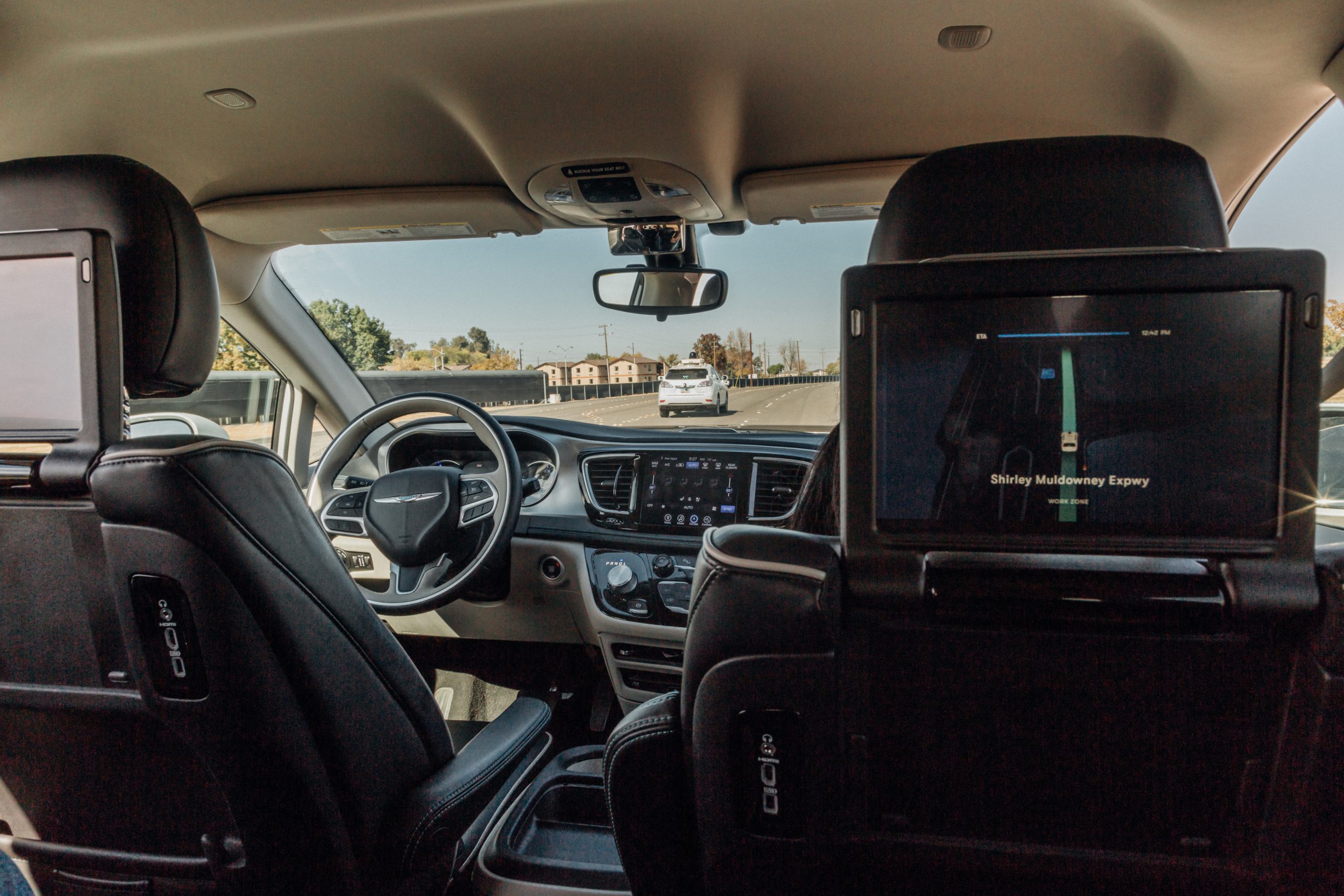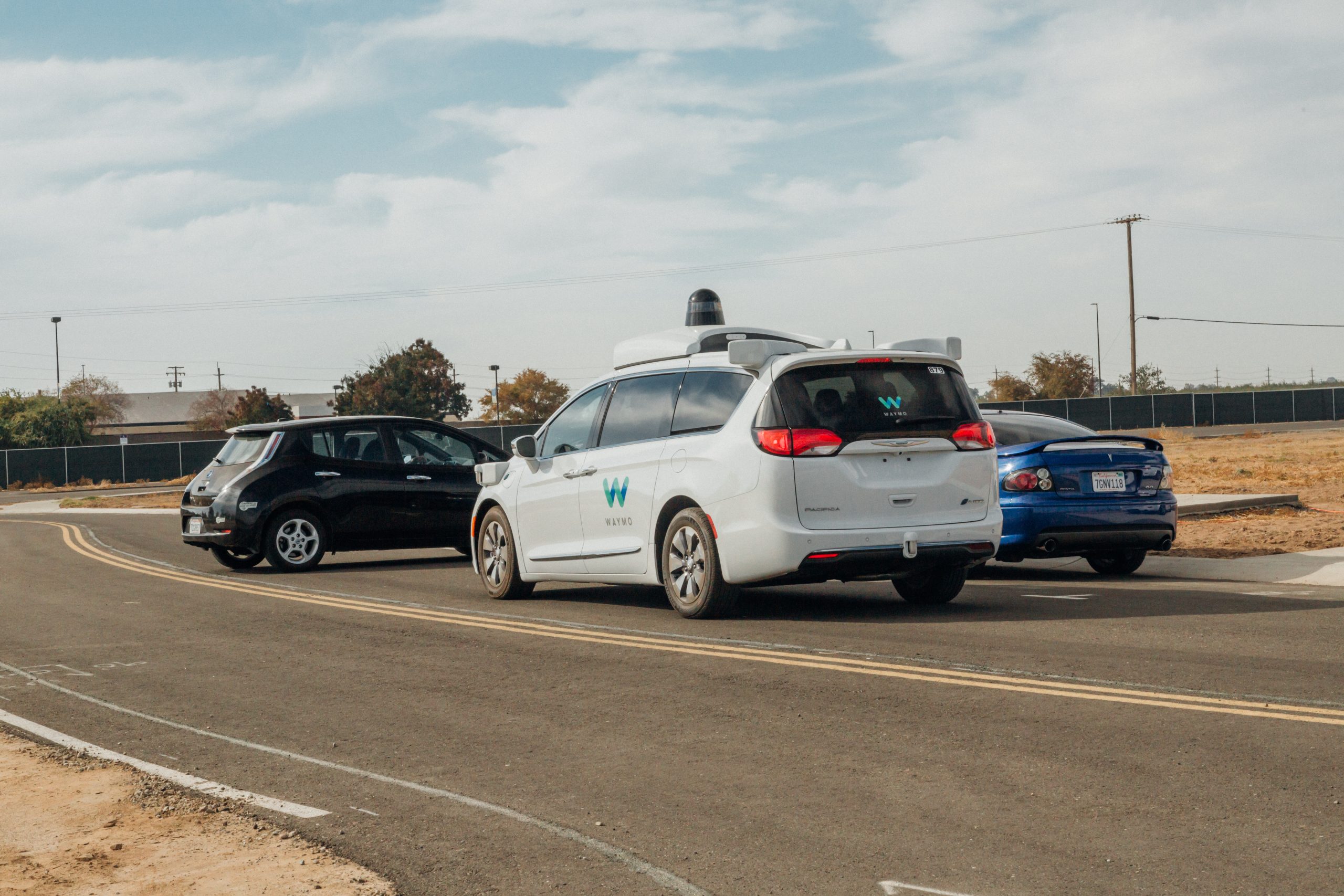Lt. Saul Jaeger, who commands the traffic unit at the Mountain View Police Department, remembers the first time a few years ago when he was given a demo of Waymo's self-driving cars.
Jaeger was not only interested from a professional point of view, but also as a citizen. After all, he lives in Mountain View near one of the Waymo facilities. He watched in awe as the engineers showed him the autonomous vehicle's (AV) own view. This screen reduces everything to line drawings and other simplified sensory inputs.
"It's incredible," he told Ars. "It felt like The Matrix, when they flip the switch—it's seeing everything, it's seeing way more than you or I can—and it's making decisions."
Jaeger, a veteran of the department, said that as someone whose job requires that he "reconstruct" serious traffic accidents, he could only dream of a machine that captured as much as an AV does.
"I felt like I was in heaven," he said. "It's like instant replay in the NFL, I can tell what happened. The engineers looked at each other like, 'Aw, crap.'"
Instantly, Jaeger realized that the promise of AVs to not only be safer for those inside the car, but it may also, potentially, be a way for law enforcement to collect data and information about everything else around it.
For now, law enforcement in one major hub of AV development and testing seems to have few clear ideas as to how they will integrate these vehicles into their traffic enforcement practices, much less their investigative process.
But AVs could soon become—absent a notable change in the law—a TiVo-on-the-ground. In other words, as auto manufacturers and tech companies race to take AVs mainstream, they may become a gold mine for law enforcement.






 Loading comments...
Loading comments...
